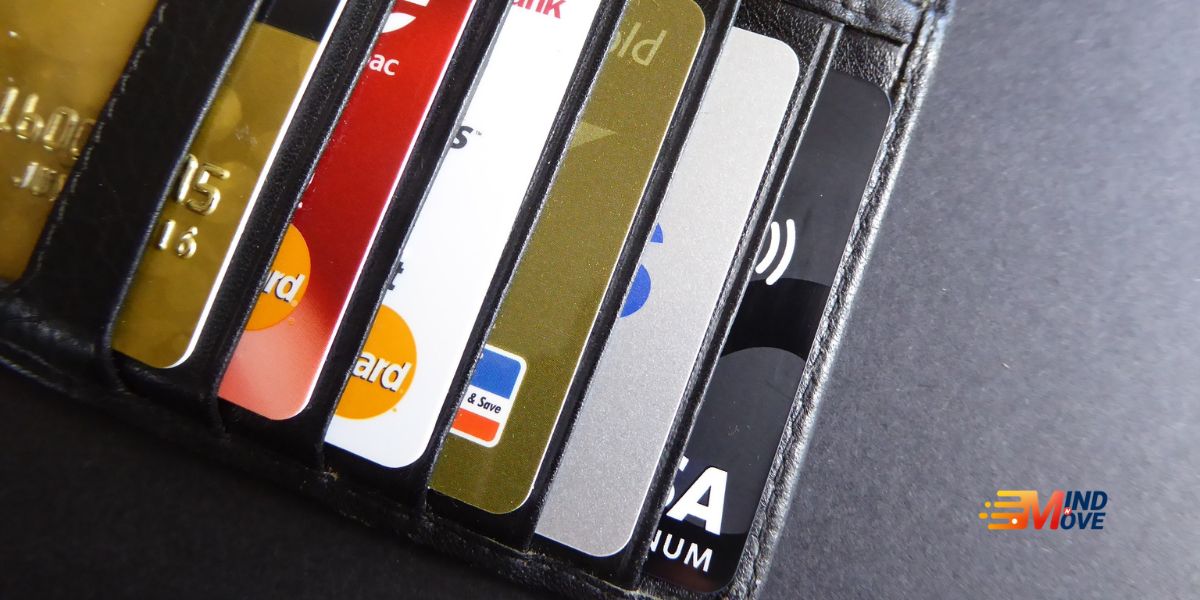Credit and debit cards are ubiquitous in modern society and have revolutionized the way we transact. They are convenient, secure, and widely accepted
Credit and debit cards are ubiquitous in modern society and have revolutionized the way we transact. They are convenient, secure, and widely accepted, making them a popular choice for everyday purchases, online shopping, and travel. In this article, we will explore the basics of credit and debit cards, their differences, advantages, and disadvantages, and provide tips for using them wisely.
Credit Cards
Credit cards are payment cards that allow the cardholder to borrow funds from a lender, usually a bank or credit card company, to make purchases. The cardholder is required to pay back the borrowed amount, plus interest and fees, within a set period. Credit cards have several advantages, including:
- Convenience: Credit cards are accepted at most merchants worldwide, making them a convenient payment method for travel and online shopping.
- Rewards: Many credit cards offer rewards programs, such as cashback or points, that can be redeemed for travel, merchandise, or other benefits.
- Protection: Credit cards offer fraud protection and dispute resolution, providing consumers with a layer of security when making purchases.
However, credit cards also have some disadvantages, including:
- High interest rates: Credit cards can have high-interest rates, especially for those with poor credit scores. If the balance is not paid off in full each month, the interest charges can quickly accumulate.
- Fees: Credit cards often come with fees, such as annual fees, late payment fees, and balance transfer fees.
- Temptation to overspend: Credit cards can be tempting, and it’s easy to overspend and accumulate debt that can take years to pay off.
Debit Cards
Debit cards are payment cards that are linked to the cardholder’s bank account. They allow the cardholder to make purchases using their own money. Debit cards have several advantages, including:
- No debt: Debit cards do not allow the cardholder to borrow funds, making them a good choice for those who want to avoid debt.
- Control: Debit cards provide the cardholder with control over their spending since they can only spend what they have in their account.
- Security: Debit cards are protected by a PIN, providing an extra layer of security when making purchases.
However, debit cards also have some disadvantages, including:
- Limited fraud protection: Debit cards do not offer the same level of fraud protection as credit cards, and it can be more challenging to dispute fraudulent charges.
- Fewer rewards: Debit cards typically do not offer rewards programs, so the cardholder may miss out on cashback or points.
- Overdraft fees: If the cardholder spends more than what is available in their account, they may be charged overdraft fees, which can be costly.
Tips for Using Credit and Debit Cards Wisely
Regardless of whether you choose to use credit or debit cards, it’s essential to use them wisely to avoid financial pitfalls. Here are some tips to help you use credit and debit cards responsibly:
- Pay off your balance: If you use a credit card, pay off your balance in full each month to avoid interest charges.
- Monitor your accounts: Regularly monitor your credit and debit card accounts to detect any fraudulent activity.
- Choose the right card: Choose a credit or debit card that offers the features and rewards that align with your financial goals and lifestyle.
- Set a budget: Set a budget for your monthly spending and stick to it to avoid overspending and accumulating debt.
- Read the terms and conditions: Before signing up for a credit or debit card, read the terms and conditions carefully to understand the fees, interest rates, and other important information.
Conclusion
Credit and debit cards are convenient payment methods that have transformed the way we transact. Each has its
